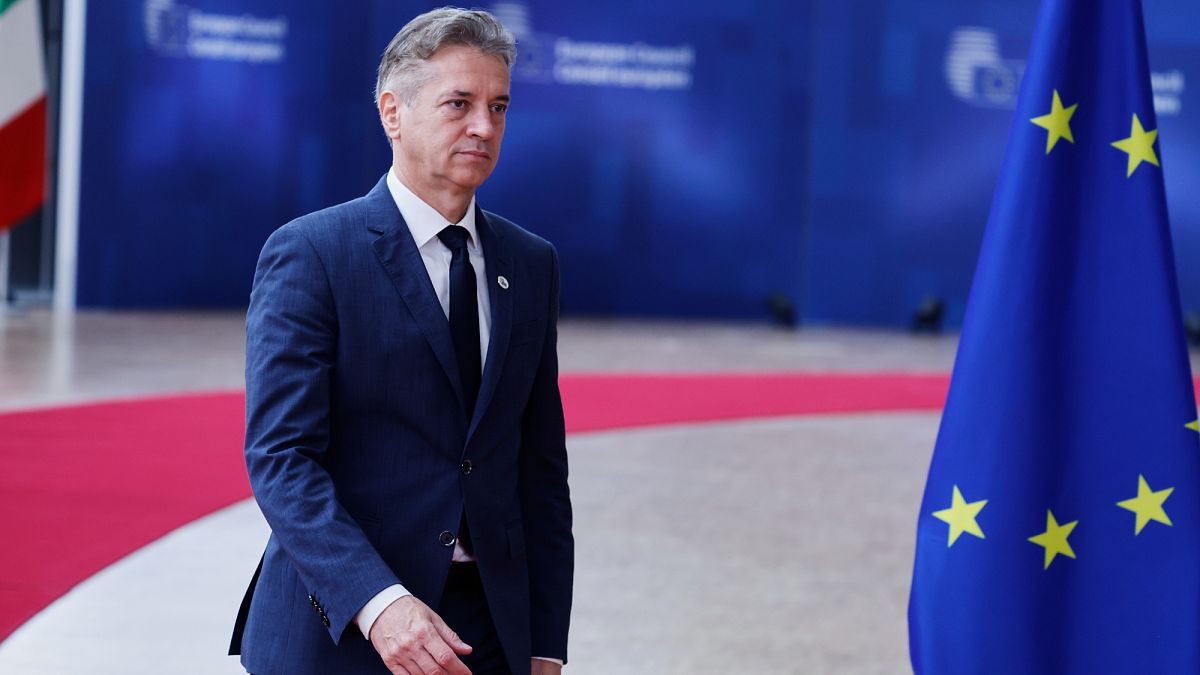

In recent developments across Europe, Slovenia and Helsinki have taken significant steps toward promoting peace and safety, each becoming a beacon of mindful governance and community welfare. These initiatives highlight the importance of thoughtful decision-making and a commitment to public well-being.
Slovenia has set a precedent as the first European Union nation to halt arms trade with Israel. This bold move emanates from Slovenia’s strong stance on advocating for peace and humanitarian aid, particularly in relation to the long-standing Israeli-Palestinian conflict. In June of the previous year, Slovenia recognized the state of Palestine, signaling its commitment to advocating for peaceful resolutions in the region. Since then, Slovenia has persistently called for ceasefires in Gaza, underscoring the urgent need for safe and consistent aid deliveries to the Gaza Strip. This recent decision marks an important milestone in Slovenia’s diplomatic efforts and could potentially influence other nations in the EU to reconsider their stance on arms trade related to conflict regions, encouraging a broader dialogue focused on peace and humanitarian considerations.
Meanwhile, in northern Europe, Helsinki, the capital city of Finland, has achieved the remarkable feat of reporting zero road fatalities over the span of a full year. This achievement highlights Helsinki’s dedication to road safety and its effective implementation of various strategies to promote safer transportation. Such strategies likely include comprehensive urban planning, improved pedestrian and cyclist infrastructure, and robust traffic management systems. Helsinki’s success emphasizes the significant impact thoughtful, systemic changes can have on community safety and the quality of urban life. By prioritizing such measures, Helsinki has showcased a model that other cities can look to as they strive to improve road safety and reduce traffic-related incidents.
The accomplishments in both Slovenia and Helsinki serve as reminders of the power of proactive, compassionate governance. Slovenia’s decision to ban weapons trade reflects a strong desire to be an agent of peace, fostering discussions that prioritize humanitarian concerns and ethical responsibilities on the global stage. Concurrently, Helsinki’s success in road safety enhances the well-being of its citizens, offering an example of how cities can become safe havens for their inhabitants through well-considered policy and practice.
The initiatives in Slovenia and Helsinki are intriguing case studies for positive governance and societal welfare. These developments are significant not only for their immediate impacts but also for the broader implications they hold for international diplomatic relations and urban safety initiatives. As other regions observe these successes, it presents an opportunity to rethink traditional approaches and adopt practices that emphasize care, safety, and peace.
Source: {link}
